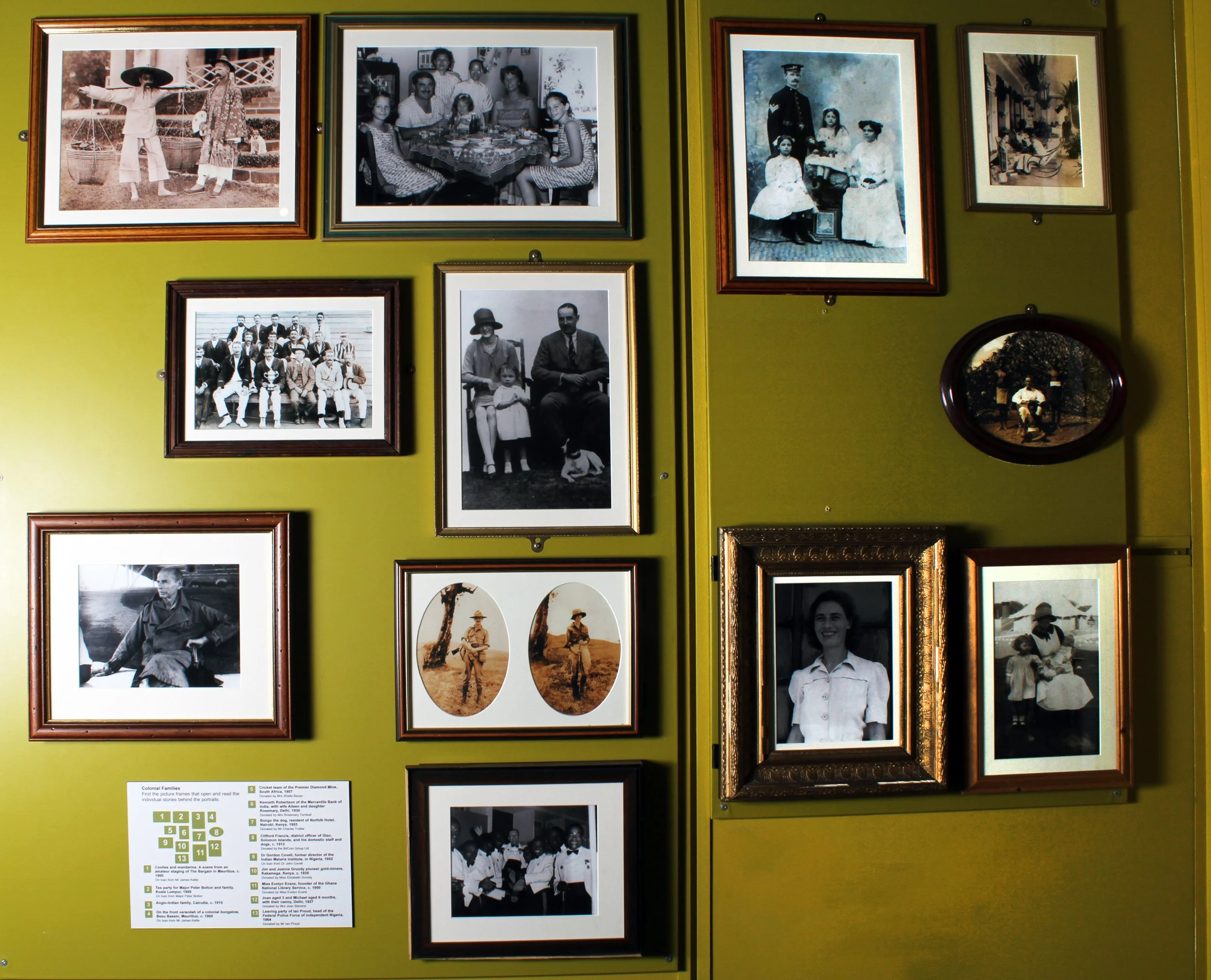PhotoCLEC
‘Photographs, Colonial Legacy and Museums in Contemporary European Culture’ (PhotoCLEC) investigated the photographic legacy of colonialism, and considered the role of this archive in the identity of a multi-cultural Europe. The project focused on the uses of photographic collections in museums, and the way collections and displays shaped and reflected public history. The research was undertaken in The Netherlands, Norway and the UK. All three nations have complicated colonial histories, and differing responses to these legacies. The research was funded by HERA (Humanities in the European Research Area) and European Framework Programme 7.
Photographs are probably the most ubiquitous and far reaching records of the colonial past. They trace the experiences of a vast range of people touched by European colonial expansion, both colonised and colonialisers. Through explorations of exhibitions, museum collections, and curator interviews, PhotoCLEC examined how this record is understood, and its role in the way contemporary European cultures configure their pasts for the benefit of their futures.
The project, which ran from June 2010 to January 2012, was realised through three linked investigations: ‘Photographic Heritage, “Difficult Histories”, and Cultural Futures’ in the UK (for which I was the Research Officer), ‘Indies Images of the Colonial Everyday in a Multi-ethnic Postcolonial Society’ in The Netherlands, and ‘Foreign and Home Images of Unacknowledged Colonial Legacies’ in Norway.

